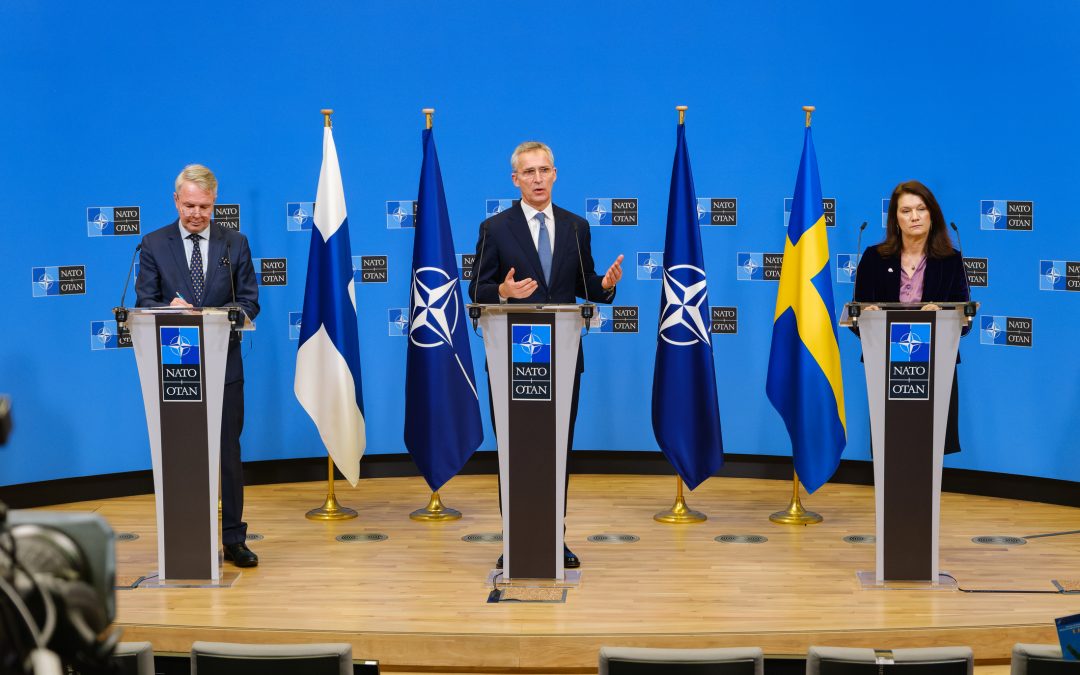The lower house of Poland’s parliament, the Sejm, has approved Sweden and Finland’s accession to NATO. For the two countries to join the alliance, each member state must give the green light.
In the vote on Sweden’s membership, all 442 MPs present voted in favour of accession. In the subsequent vote on Finland, 440 were in favour, with two far-right MPs either opposed or abstaining (one of whom later claimed he had thought the vote was on something else).
The announcements of the results of both votes were met with a standing ovation from all sides of the Sejm. The ratification bills now go to the upper-house Senate, where they are also expected to pass easily, before final approval is given by President Andrzej Duda, who supports accession.
‼️Owacje na stojąco w Sali Posiedzeń. Sejm wyraził zgodę na ratyfikację przez Prezydenta RP🇵🇱 członkostwa Finlandii🇫🇮 i Szwecji🇸🇪 w @NATO. 🎥 pic.twitter.com/2T8Ppu8BGc
— Sejm RP🇵🇱 (@KancelariaSejmu) July 7, 2022
“This is a historic decision,” said Prime Minister Mateusz Morawiecki, quoted by TVN. “This confirms that Finland and Sweden are very important partners for Poland, and with their accession to NATO, the Baltic Sea will become NATO’s internal sea.”
After Finland and Sweden’s accession, every country around the Baltic Sea apart from Russia will be a NATO member.
Two days earlier, NATO’s 30 member states had signed an accession protocol for Finland and Sweden to join the alliance. Afterwards, Polish deputy foreign ministry Marcin Przydacz told the Polish Press Agency (PAP) that Poland would be seeking to ratify their accession as quickly as possible.
Poland’s government has previously expressed strong support for the two Nordic countries’ membership of the alliance, and in May Morawiecki pledged that Poland would come to their aid if they came under attack, even before they complete the NATO accession process.
Main image credit: NATO/Flickr (under CC-NC-ND 2.0)

Daniel Tilles is editor-in-chief of Notes from Poland. He has written on Polish affairs for a wide range of publications, including Foreign Policy, POLITICO Europe, EUobserver and Dziennik Gazeta Prawna.




















